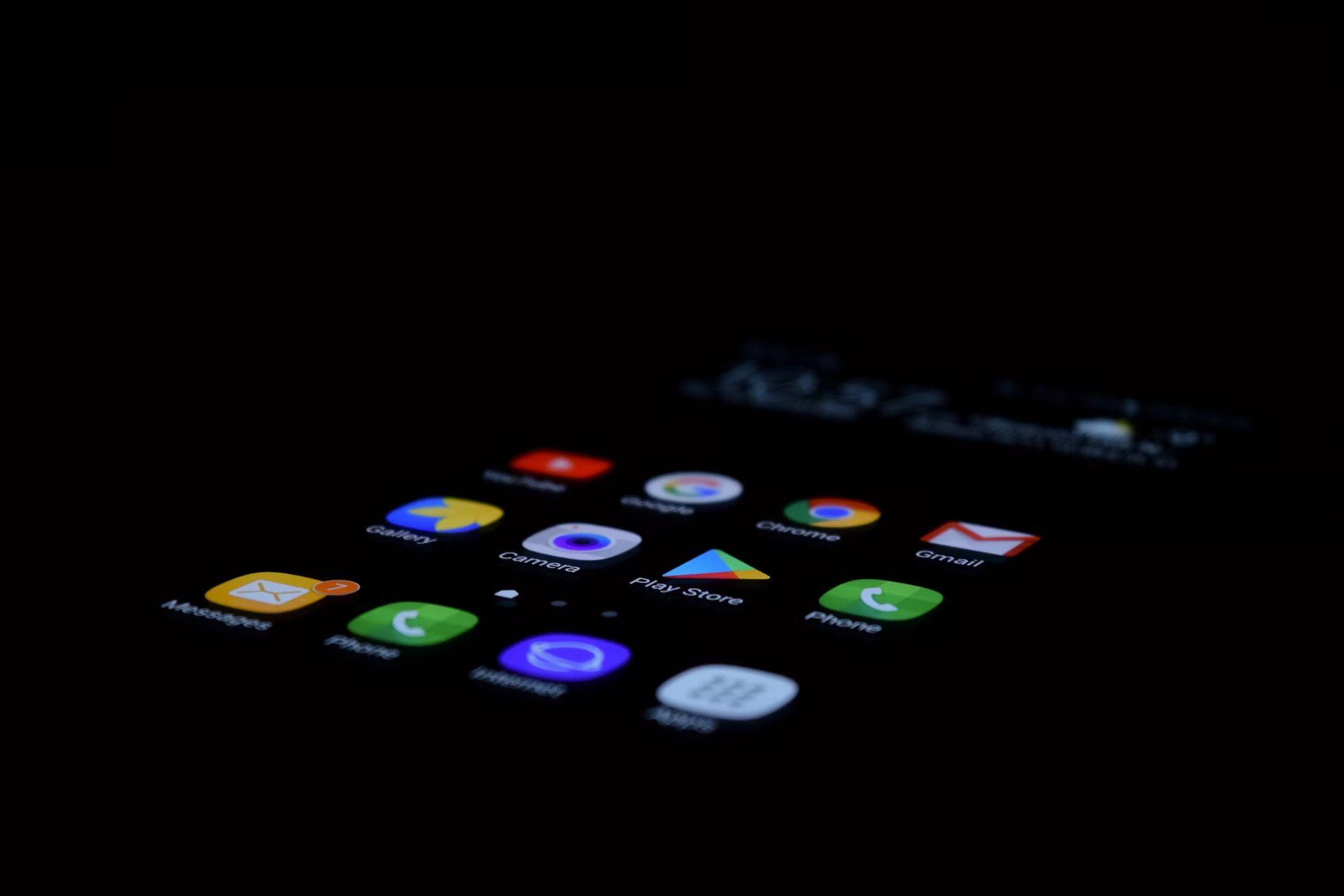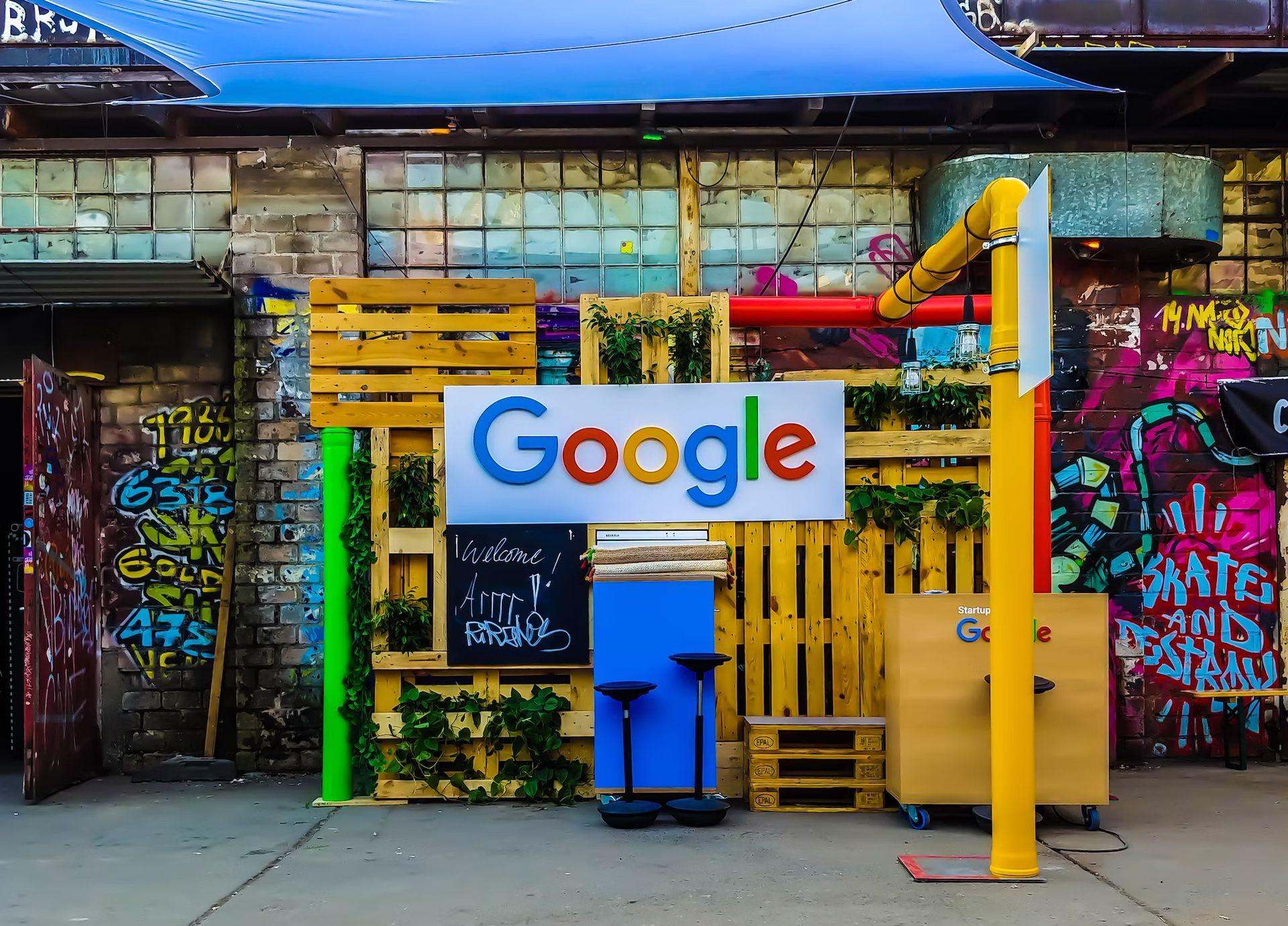Under the Google Play Store settlement, the tech giant has committed to a $700 million payment and the promotion of increased competition within its app store. This decision comes as part of an antitrust settlement with US states and consumers, officially recorded in a federal court this Monday.
Google Play Store settlement: Everything you need to know
The settlement earmarks $630 million of the total amount for approximately 102 million US consumers, addressing long-standing accusations that Google’s app store practices and fees stifled competition. The remaining $70 million is allocated to the numerous states involved in the lawsuit.
According to the terms of this agreement, a significant portion of the impacted consumers, about 71.4 million, are exempt from filing a claim to benefit from the settlement. Eligible consumers stand to receive a minimum of $2 each, with the actual amount varying based on their expenditures in the Google Play Store from Aug. 16, 2016, to Sept. 30, 2023.

This Google Play Store settlement marks a significant shift in the company’s management of its app store, particularly under the intense scrutiny over its dominance in Android app distribution and its interactions with independent software developers. This change follows a recent federal jury ruling, which determined that Google’s app marketplace operated as an illegal monopoly. This verdict emerged from an extended legal confrontation with Epic Games, the creators of the popular “Fortnite” video game.
“No company, no matter how large or powerful, is allowed to corner a market and use its influence to overcharge consumers and smother competition. For too long, Google abused its market share to unfairly raise prices and block developers from selling products in other app stores,” stated New York New York Attorney General Letitia James, a key figure in the Google Play Store lawsuit.
Google Play Store lawsuit pushes company to make radical changes
Google is required not only to make substantial payments to consumers and states but also to modify its app store policies in various ways for a defined duration.
One key change involves Google committing for five years to expand a user choice billing pilot program. This program, in operation worldwide for over a year, allows users to select between Google’s proprietary billing system and third-party payment options for in-app purchases. Developers using a third-party billing system may benefit from a reduced fee rate from Google.
Furthermore, the Google Play Store settlement ensures that app developers have a multi-year assurance to inform users about promotional offers, alternative billing systems, Google’s commissions, and methods to circumvent the tech giant’s fees.
Another significant alteration mandated by the settlement is the simplification of the process for consumers to install apps from unofficial sources and third-party websites, known as sideloading. This includes modifying the warning screens Google shows users during sideloading attempts. While Google supports sideloading to maintain an open Android ecosystem, it cautions that sideloading could pose security or privacy risks, as software from outside its app store is not reviewed by Google.

The states involved in Monday’s proposed settlement had initially planned to join Epic Games in a trial this fall. However, they withdrew after announcing the settlement in September, without detailing its terms. Match Group, another potential plaintiff, also exited the trial in late October following its separate settlement with Google.
Google expressed satisfaction in resolving the lawsuit initiated by attorneys general from various states, including California, Florida, Utah, Washington, and the District of Columbia.
Everything you need to know about Horizon data breach settlement
Wilson White, Google’s VP of Government Affairs and Public Policy, remarked, “Android and Google Play have continually adapted, offering more flexibility and choice in response to feedback from developers, regulators, and the competitive pressure from Apple and other app stores within the open Android ecosystem.” He emphasized that the Google Play Store settlement reinforces Android’s flexibility and choice, upholds robust security measures, and preserves Google’s ability to compete with other operating system makers while continuing to invest in the Android ecosystem for both users and developers.
Contrastingly, Epic Games, in its statement regarding the settlement, criticized the Google Play Store settlement as inadequate and weak. As Epic’s lawsuit against Google progresses into the remedies phase, the company aims to pursue more substantial penalties. Corie Wright, Epic’s Vice President of Public Policy, noted,

“After originally seeking $10.5 billion in antitrust damages identified as Google’s unjustly collected fees, the states’ attorneys general settled for a $700 million payout,” said Corie Wright, Epic’s vice president of public policy. Wright argued that the settlement falls short of addressing the fundamental issues of Google’s illegal and anti-competitive practices.
The Google Play Store settlement represents just one aspect of the broader legal challenges tech giants face. This fall, the company confronted a significant antitrust lawsuit from the US government and various states, targeting Google’s search business. This lawsuit accuses Google of abusing its dominant position in online search through agreements with wireless carriers and smartphone manufacturers, which establish Google Search as the default or exclusive choice on widely used consumer products, including Apple devices.
In addition to these challenges, Google is also involved in a separate antitrust case concerning its advertising technology. The US government has alleged that Google is at risk of unlawfully monopolizing its already dominant position in the online advertising market. These legal battles highlight the ongoing scrutiny and challenges Google faces across different facets of its operations.
Will I get a compensation from Google?
In terms of receiving compensation from Google, the company is planning to allocate $630 million into a fund designated for consumers and $70 million into a fund intended for use by states, as outlined in the Google Play Store settlement. However, it’s crucial to note that whether you personally receive compensation depends on your specific circumstances and eligibility, and this arrangement is still pending final approval from a judge.





